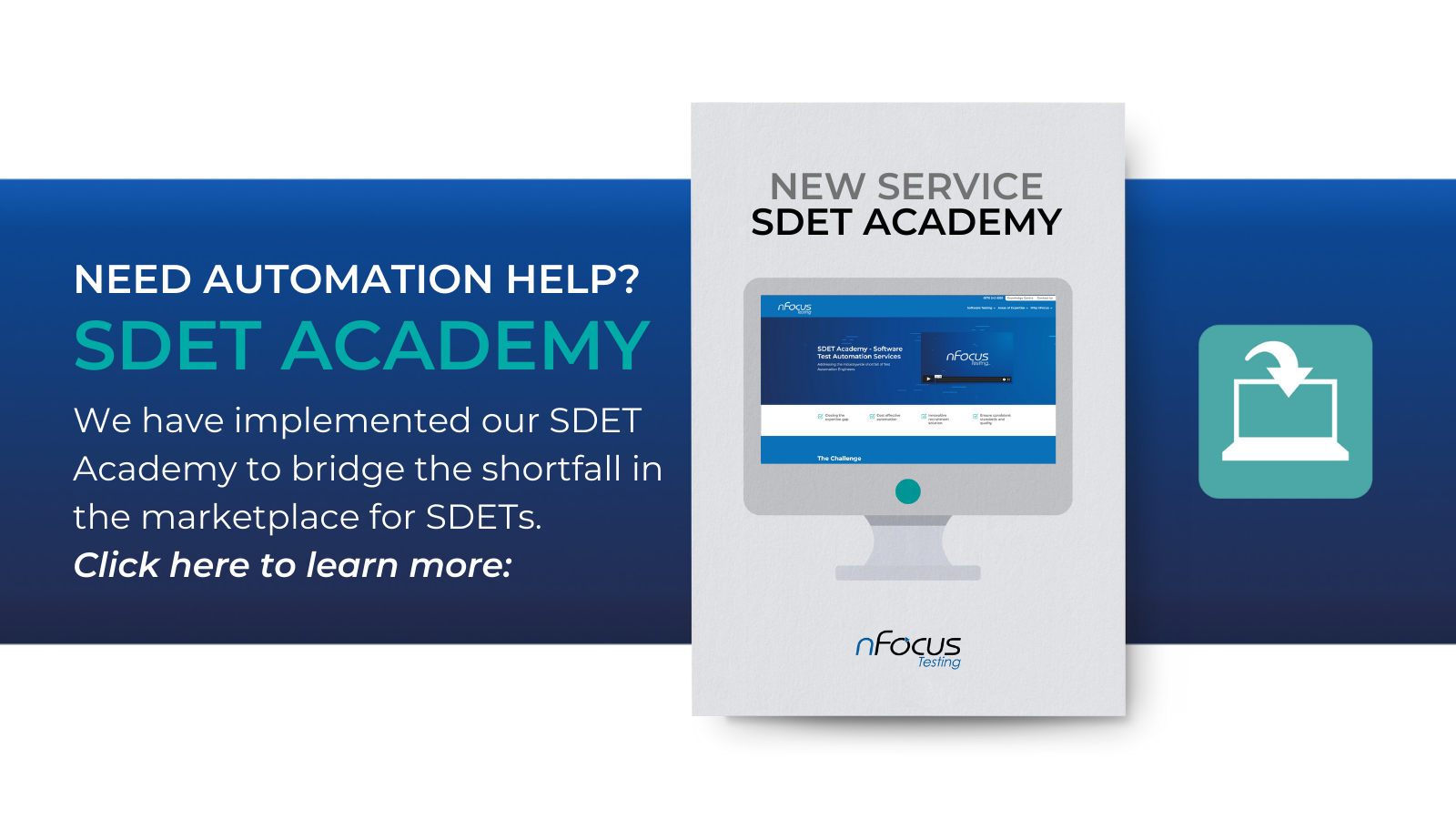Building Relationships in Consultancy
A vital part of consultancy work is building strong relationships with clients or project teams. One of the most rewarding aspects of this process is learning how to effectively address difficult or uncomfortable situations. Embracing this challenge is key to personal and professional growth.
Consultancy is dynamic and adaptive because it involves working with new individuals and loyal customers. Try viewing ‘difficult’ and ‘awkward’ situations as opportunities for creative problem-solving and innovative solutions for growth. The terms 'difficult' and 'awkward' can span a variety of situations.
-1.png?width=600&height=400&name=News%20Story%20Image%20Template%20(2)-1.png)
Drawing from my twenty years of experience, I offer these tips to steer you clear through early career obstacles, or help you to dance through the raindrops, whatever lights your candle!
Compared to some of the technical challenges we face, this may appear trivial, but this used to be an area where I struggled massively.
Throughout my journey, I’ve encountered numerous hurdles, but each mistake has been a valuable lesson in my personal growth. Fortunately, the errors I made did not have significant long-term repercussions, or so I hope. This has allowed me to refine my approach and develop effective strategies for creating positive relationships and handling challenges with grace & resilience moving forwards.
Test Consultant’s Guide & Effective Customer Engagement Strategy
Tip 1: First Impressions Matter: Making a strong first impression is crucial. It may sound obvious to be professional, polite, and attentive, but you'd be surprised by what I’ve witnessed in the past before my time at nFocus!
Regardless of how welcoming the client team may appear, there can often be a natural curiosity or scepticism about a testing consultancy team:
- "What knowledge or expertise do they bring that we don't already have?"
- "What's the purpose of their presence?"
- "What sets them apart or makes them unique?"
Demonstrating your value is an ongoing process, and it's best to avoid giving them any reasons to doubt your capabilities.
Tip 2: Be Punctual: Stay organised and punctual by effectively managing your calendar to honour all meeting commitments. It’s important to be reliable and respectful of everyone's time. This is a legitimate mention to emphasise.
Tip 3: Stop the Comparison Game & Focus on Self-Improvement: If a team member sometimes feels outshined by the people around them, try not to take their behaviour personally and negotiate boundaries that feel acceptable to both parties. Make deliberate use of kindness to further your goals.
Try embracing each other’s accomplishments and aim to focus more on personal growth rather than comparing yourselves. If you have moments like this, your confidence can take a hit along with your morale, motivation, and job satisfaction.
Tip 4: Don’t Pretend: Maintaining authenticity and transparency regarding your capabilities is crucial. Avoid pretending to possess knowledge or skills that you don't actually have. If you are being challenged to demonstrate your expertise or if you get a tricky question, say you “don’t have that information to hand”, note it down and promise to get back to them with an answer as soon as possible. This approach keeps things professional.
Tip 5: Be Honest About Your Expertise: For instance, I often get questions about test automation. While it's not my primary area of expertise, I do have a basic understanding of what test automation involves. However, the technical details are beyond my knowledge, and trying to figure them out would probably drive me crazy!
When presented with inquiries pertaining to areas beyond my expertise, I openly acknowledge my limitations. I stress that I can put them with someone who might have the expertise they need and who could potentially help them. Trying to bluff or pretend to know something I wouldn’t know would make me look foolish, which is never a good idea, and it undermines my credibility.
Tip 6: Observe & Listen when Interacting with Customers: There's no need to feel pressured to contribute constantly. Particularly in the early stages, it can be beneficial to take a step back and observe. By listening and watching attentively, you can gain valuable insights into relationship dynamics within the teams and individual personalities that you will be interacting with. This approach will enhance your customers interactions as you progress.
Tip 7: Leave the ‘Office Bantz’ to Others: Similarly, it's best to let others engage in office banter. Avoid trying to join in with inside jokes of a well-established team, as you may not understand them fully. Additionally, it's okay for team members to tease each other, but as an outsider, it's important to maintain professionalism and respect.
Tip 8: Respect Team Boundaries: This doesn’t mean you play the mean and moody loner though. That’s going too far the other way. Join in, be part of the team and try to think a little bit like an employee of the client rather than a Consultant but respect the boundaries and stay the right side of them.
Tip 9: Offer Help: Another helpful tip to start you off on the right track is to volunteer to take on little bits of extra work that contribute to the team effort. Having said that, avoid committing to tasks that are excessively daunting or substantial, as they may create undue burdens or complications in the long run.
By offering to handle small tasks like saying, "I can take care of that" or "Don’t worry, I'll pick that up" can make a positive first impression, especially in the early stages. This helps in creating a smoother experience and seamless engagement moving forward.
You've successfully established a positive initial impression, yet find yourself encountering a potentially delicate scenario. What is your approach to managing that situation?
Again, every situation is different, and this is probably best illustrated with an example.
In one of my early engagements as a Consultant, a Project Manager within the project approached me with an alternative to the draft test plan written by the internal Test Manager. The Project Manager wanted me to agree that his alternative plan was the better approach and that it would lead to better outcomes for the project as a whole.
Here's how I handled the situation:
- I reviewed both test plans objectively, noting the pro/cons for each plan
- I asked my Customer Relationship Manager for advice
- I informed the Test Manager about the situation
Why did I handle it this way?
This approach allowed me to remain neutral and maintain positive relationships with all involved. By following proper channels and seeking advice when needed, it’s important to handle any situations that you are in diplomatically, avoiding conflicts and maintaining a proper level of professionalism.
Remember, seeking advice and learning from experiences are keys to continuous improvement and success. Should you require guidance or assistance at any time, please feel free to reach out without hesitation.
In Conclusion
Effectively engaging customers and nurturing relationships along their journey is paramount for ensuring customer satisfaction and success. This involves attentively listening to customer feedback and proactively addressing their concerns to enhance their overall experience. Successful customer engagement hinges on forming partnerships built on trust and collaboration, where Consultants provide valuable insights and support tailored to meet the unique needs of each client.
Reflecting on my own journey in consultancy, I've encountered numerous hurdles that have served as valuable lessons in personal and professional development. While mistakes are inevitable, acknowledging and learning from them has allowed me to refine my approach and develop effective strategies for fostering positive relationships with clients.
In summary:








.png)
